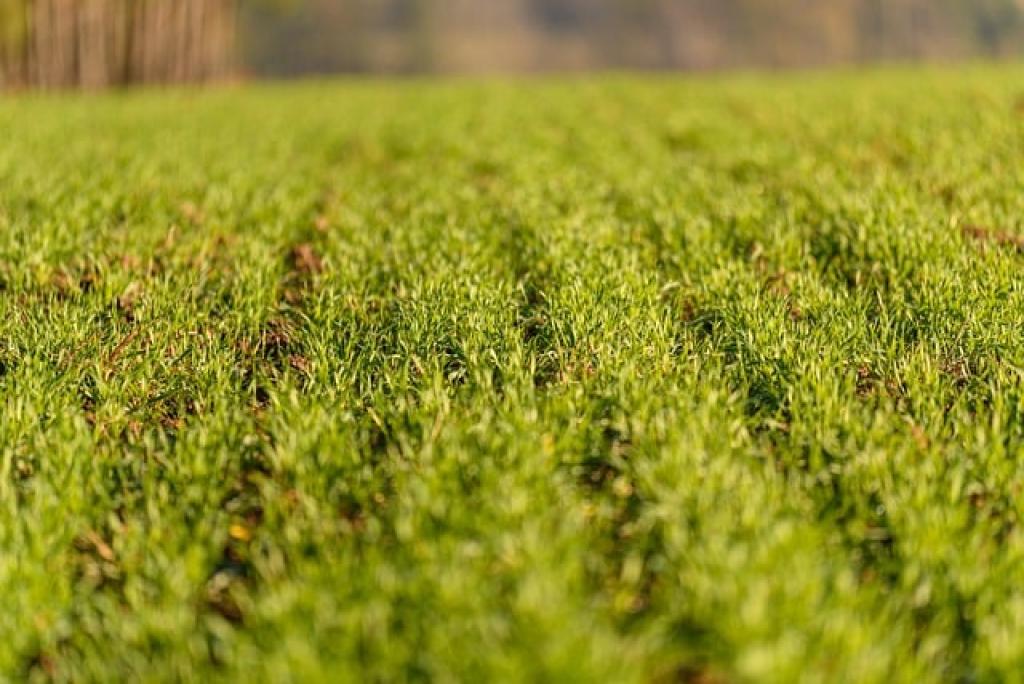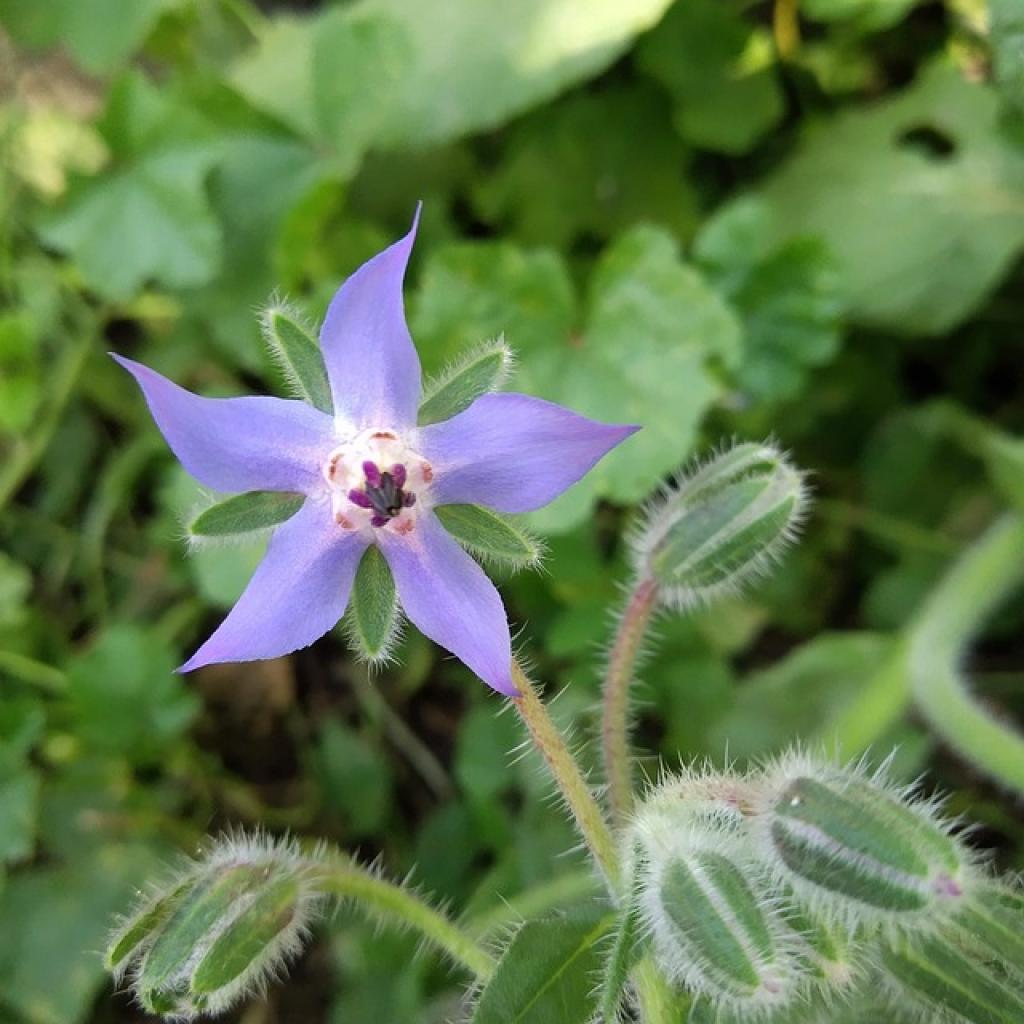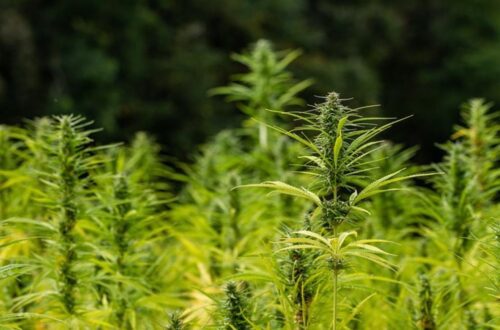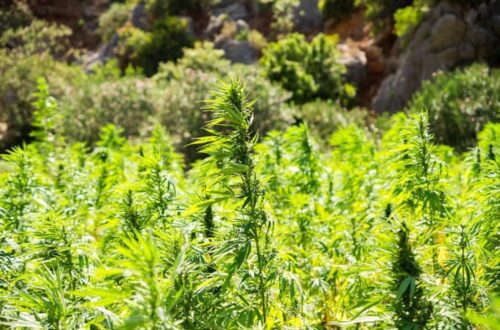When you think of sustainable living, what comes to mind? Perhaps rolling hills covered in vibrant crops thriving under the sun, or maybe a peaceful farm buzzing with life and harmonious activity. These images are not too far off from what hemp and permaculture embody. In this blog post, we’ll delve into why hemp and permaculture are a match made in sustainable living heaven.
What is Hemp?
First things first, let’s talk about hemp. Hemp is a versatile plant that has been used for centuries for various purposes. From textiles to food to construction material, hemp is a renewable resource with a multitude of applications. Unlike its cousin marijuana, hemp contains very low levels of THC, the psychoactive compound, making it safe and legal to use in various industries.
The Benefits of Hemp Farming
Hemp is a star player in sustainable agriculture for several reasons. For starters, hemp requires minimal water compared to other crops, making it a drought-resistant and eco-friendly option for farmers. It also naturally repels pests, reducing the need for harmful pesticides that can harm the environment.
Furthermore, hemp has deep roots that help improve soil health by aerating the ground and preventing erosion. As if that wasn’t impressive enough, hemp is a fast-growing plant that can be harvested in just a few months, providing a quick turnaround for farmers and a sustainable source of raw materials.

Understanding Permaculture
Now, let’s shift our focus to permaculture. Permaculture is a design system that mimics natural ecosystems to create sustainable and self-sufficient environments. By working with nature rather than against it, permaculture seeks to create harmonious relationships between plants, animals, humans, and the land.
In a permaculture system, every element has multiple functions, and every function is supported by multiple elements. This interconnected web of relationships creates a resilient and diverse ecosystem that can thrive with minimal human intervention.
The Synergy Between Hemp and Permaculture
So, why are hemp and permaculture a perfect match? Well, for starters, hemp fits seamlessly into permaculture systems due to its versatility and low environmental impact. Hemp can be used to create a variety of products within a permaculture farm, from natural fibers for clothing to nutrient-rich mulch for the soil.
Moreover, hemp’s deep roots can help improve soil structure and prevent erosion, making it an ideal plant for supporting the health of the entire ecosystem. In return, permaculture practices such as composting and crop rotation can enhance the growth of hemp and maximize its yield.
Implementing Hemp in Permaculture Design
If you’re considering incorporating hemp into your permaculture design, there are a few key considerations to keep in mind. First, assess your local climate and soil conditions to ensure that hemp will thrive in your area. Consider companion planting hemp with other beneficial plants to maximize the symbiotic relationships within your ecosystem.
Additionally, look into local regulations regarding hemp cultivation to ensure that you are compliant with legal requirements. By carefully planning and integrating hemp into your permaculture design, you can enhance the sustainability and productivity of your farm or garden.
The Bottom Line
In conclusion, hemp and permaculture are a match made in heaven when it comes to sustainable living. By harnessing the power of hemp’s versatility and low environmental impact within a permaculture system, farmers and gardeners can create thriving ecosystems that support both the land and the community.
Whether you’re looking to reduce your environmental footprint, increase self-sufficiency, or simply cultivate a deeper connection with the natural world, integrating hemp into your permaculture design can offer a wide range of benefits for you and the planet. So why not explore the endless possibilities that hemp and permaculture have to offer and embark on a journey towards a more sustainable future?






